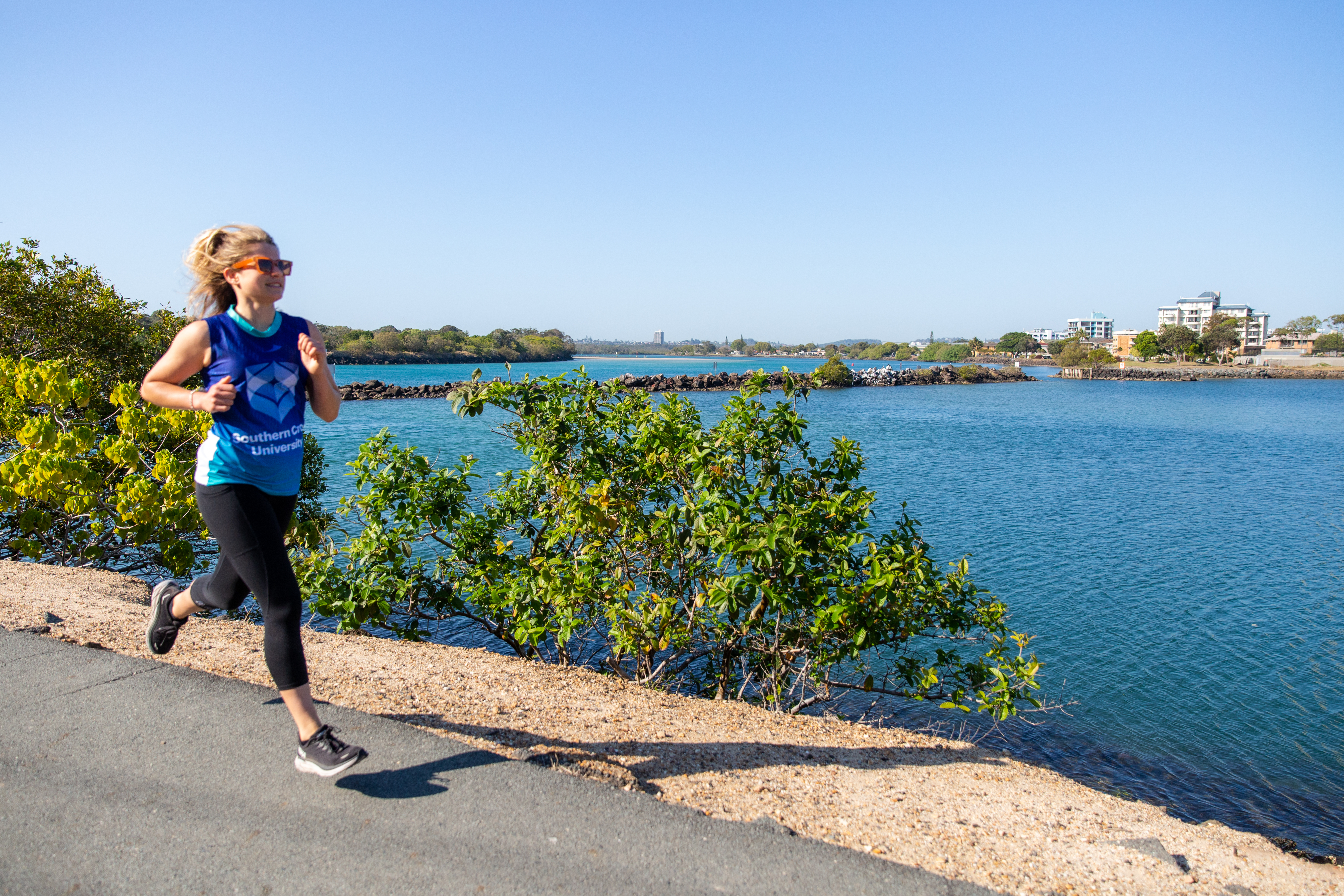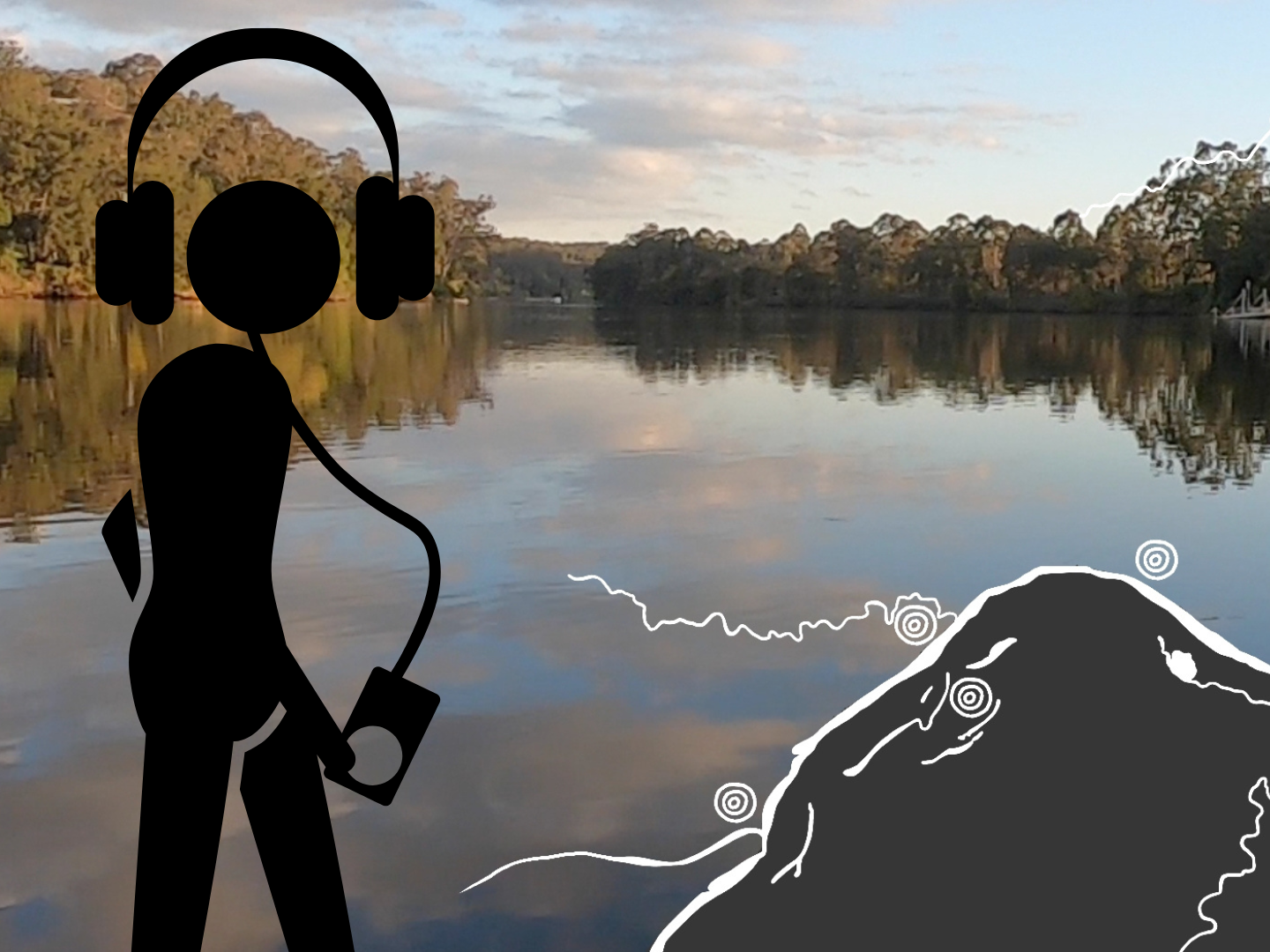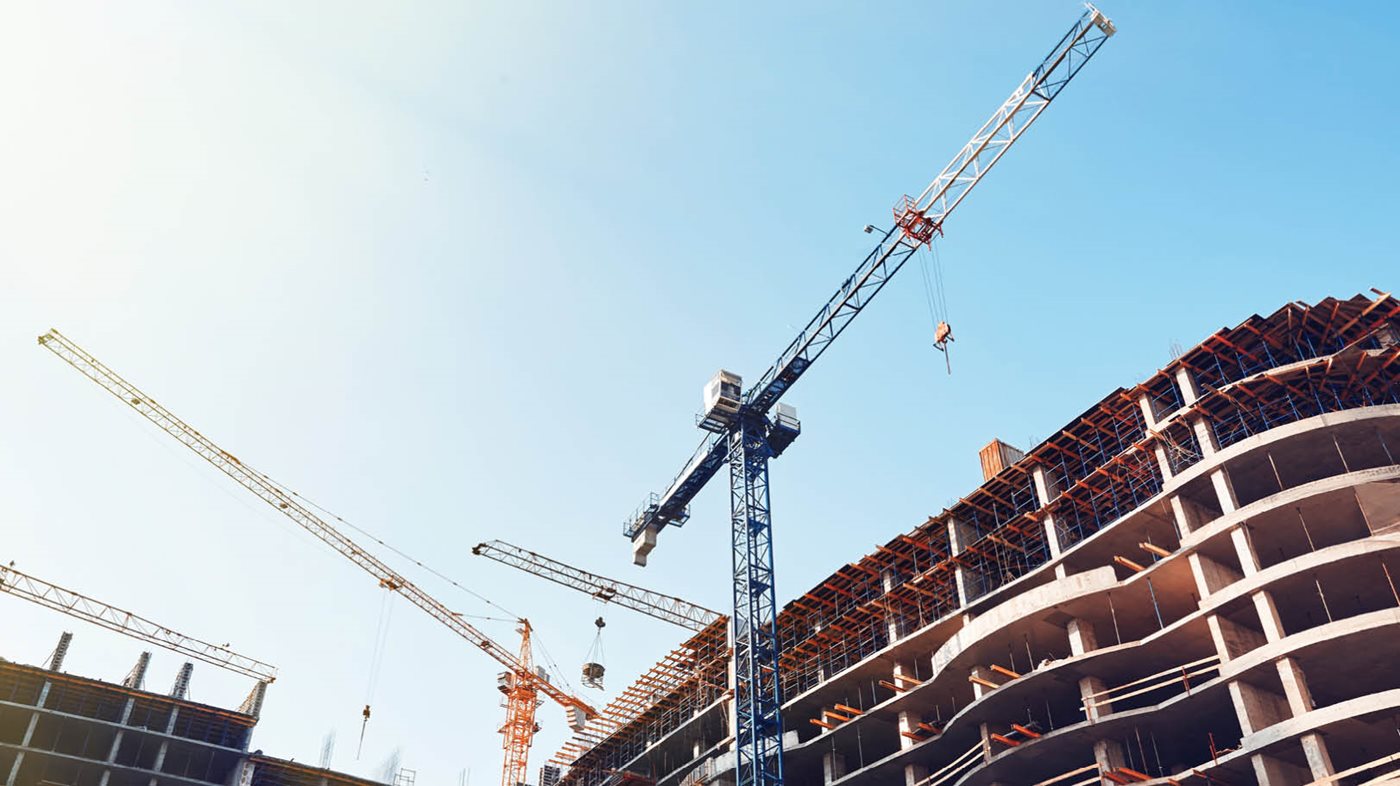Interview with ABC Tropical Far North Breakfast Host Meecham Philpott
Meecham Philpott: Looking forward to having a chat to this lady, the Chief Executive of the Australian Petroleum Production and Exploration Association, because Australia’s oil and gas industry has launched a new public awareness campaign: Australian Natural Gas – Keeping The Country Running. The Chief Executive is Samantha McCulloch. She’s with us this morning, Samantha, welcome to the program. So, why, why have you got to get out there and bang the sidewalk, so to speak, for natural gas?
Samantha McCulloch: This campaign is coming at a time when the role of gas in our energy mix, in our economy and reducing emissions has really never been more important. And what we know is that so many of the products that we rely on every day – whether that’s bricks for housing, whether that’s glass for bottles, fertiliser, electricity, heating – gas is playing such a central role. And this campaign is really about raising that awareness of the role of natural gas in our every day lives.
Philpott: So effectively, it’s informing the uninformed how much natural gas does, everything from AdBlue to fertilizers, which are massive things where we live?
McCulloch: Yeah, for sure. I mean, the role of gas, for example, in manufacturing. Gas is providing around 40% of the energy needs for our manufacturing sector. It’s increasingly playing a role in power generation. As we’re moving away from coal and deploying more renewables, gas is really stepping up and it’s that key reliable partner for renewables deployment. And of course, the industry is also committed to net zero and gas is going to be central to putting Australia on that path to net zero, including through investment in key technologies like carbon capture and storage, but also like low-carbon hydrogen.
Philpott: It’s interesting just talking about renewables and so forth. We’ve been following the NEM App for the last week or so. So for instance of all the power that’s been generated in Queensland at the moment, 71% coming from coal, 7% from gas, solar sitting at 12% and wind at 9%. You mentioned gas and heavy industry. Pardon the naivety of this question, but how does gas work in there?
McCulloch: Gas is important in terms of an energy source, particularly when you need the high temperature heat on a reliable steady stream of energy, but it also can be used as a feedstock. So it’s just fed directly into things like fertiliser. So this is why gas is so important in our manufacturing sector. And then, of course, there’s the broader role for gas and power generation in heating in our barbecues and other every day products.
Philpott: Do you feel that you’ve got to get in there and do an awareness campaign because gas predominantly has been in the headlines for about the last year, two years, because of the price of gas? And from that, depending on which papers you read, controversy on the cost of it, with regards to what it costs here in Australia, what it’s going for overseas?
McCulloch: I think it’s important that, you know, because energy and gas is in the headlines quite frequently, that, you know, we have the conversation about the role of gas in our economy, in our energy mix today, but also in the future. We know we’ll be relying on gas for decades to come. Gas is central to that net zero pathway. And it’s important that we have these conversations, and particularly when we’re looking at – you raised the issue of prices – as an industry we’ve been calling for policy settings to encourage investment in new supply. So we know we need investment in new gas supply. And that’s really going to be the key to bringing down prices and ensuring reliable and affordable energy for Australian households and industry.
Philpott: So with the gas cap at the moment that… let me see if I’ve got this right… if you put a gas cap in that stops companies investing in gas, which stops more supply, which therefore puts prices up?
McCulloch: So we saw the gas price cap. This is on the wholesale gas market – introduced in December initially for a period of 12 months, although now it’s proposed to be extended – what’s that has done has really created quite a lot of uncertainty in the gas market on the east coast. We’re seeing projects that are due to be supplying the domestic market be put on hold – billion-dollar projects that have been on hold now for more than six months. And other projects that were again looking at supplying the domestic market, either haven’t been able to obtain the finance they need because of the uncertainty in the market… You know, what the industry is really keen to see is some certainty around the policy settings and an investment environment that really encourages that investment in new supply that we know we need. We’ve actually got a situation where the Australian Competition and Consumer Commission and the Australian Energy Market Operator have identified that we’re likely to have shortfalls of gas on the east coast in the coming years. That’s a situation we want to avoid. We need the investment in new supply to ensure that reliable affordable energy.
Philpott: Do we have more gas coming online in this country?
McCulloch: We need to have more gas coming online. So there are investments planned – there’s more than $20 billion of investment that’s planned in new supply – but what we’re actually seeing is obstacles in the path to that investment. In some states, we’ve got moratoriums and bans. In others, the regulatory approvals processes are essentially taking too long so these investments are delayed. And more recently, the uncertainty that we have seen with market interventions, as we’ve discussed, has seen projects put on hold. So we need to be investing in that new supply. We’ll be relying on gas for decades to come. It’s central to our economy, to our energy security, to reducing emissions. And so we need to be ensuring that we’ve got that new supply coming online with a sense of urgency.
Philpott: Special guest this morning, Samantha McCulloch, the Chief Executive of the Australian Petroleum Production and Exploration Association. All right, so we need more gas coming online. So this is one we hear when we talk about coal in our part of the world, it’s our gas. As Australians and Queenslanders, that’s our gas. Why can’t we reserve a portion of this gas at a really cheap price for domestic use only and then the rest of it be charged on the world market?
McCulloch: So Queensland has actually done a lot of the heavy lifting on the east coast in terms of investment in gas and that’s really delivered very strong economic benefits to Queensland – there’s around $7 billion dollars of royalties from gas projected over the forward estimates. And it’s that investment in gas, for both export and domestic markets, that is now really central to keeping the lights on the east coast. So increasingly gas from Queensland is being sent down to the southern states, who have major gas users, to support heating and industry and other roles that gas provides. It’s not an ‘either or’ in terms of exports and domestic markets and the industry has always prioritised the domestic market. Just last year, east coast LNG exporters signed an agreement with the Federal Government that really ensures supply is offered to the domestic market first. So ensuring there is adequate supply in the domestic market is always a priority. But what we see is that we’ll be increasingly challenged unless we can get new supply into the mix and that’s particularly in the southern states. So we need to be investing in supply close to where it’s being used. Because there are also constraints in terms of how we can move the gas around and get that gas from Queensland down to the southern states.
Philpott: Which was going to be my question – surely the pipeline doesn’t go all the way down there?
McCulloch: The pipeline can service the energy market on that the east coast. But what the projections are showcasing is that there simply won’t be enough capacity in those pipelines necessarily to be servicing the southern states out of Queensland after about 2026-2027. And so that’s why it’s really key to be bringing on more supplies in the domestic market. There are projects in train but as I said many are delayed, uncertainty has impacted that investment. But we need to be ensuring that investment in supply.
Philpott: Samantha, if this morning in Queensland we’ve got 70% of our power being generated by coal, 12% solar, 9% wind, and we’re going to turn off all our coal-fired power stations in Australia in the next little while… I’m assuming that means gas is going to have to come up four-fold at least. Do you fear that’s a problem that we’ve got to conquer and quickly?
McCulloch: Certainly, energy security and electricity security is a key concern. Because as we are moving away from coal, seeking to deploy more renewables, there is that increased reliance on gas and we just spoke about the potential supply challenges that we’ve got with the gas industry. We’ve already seen in the winter months, particularly for last year, there was some issues with coal-fired power generation, we didn’t have the weather conditions meant that renewables weren’t producing at their capacity. And so demand for gas went up 55% in May relative to the year before. So we’re seeing this really important role for gas, in terms of keeping the lights on and we’ll continue to see that I think through this winter and through coming winters.
Philpott: I allowed eight minutes for this interview and it’s gone in the blink of an eye. Samantha, I have to say thank you very much for your time. Don’t be a stranger. You’re an interesting person to talk to. Thank you for your time this morning.
McCulloch: Thanks so much for having me.








